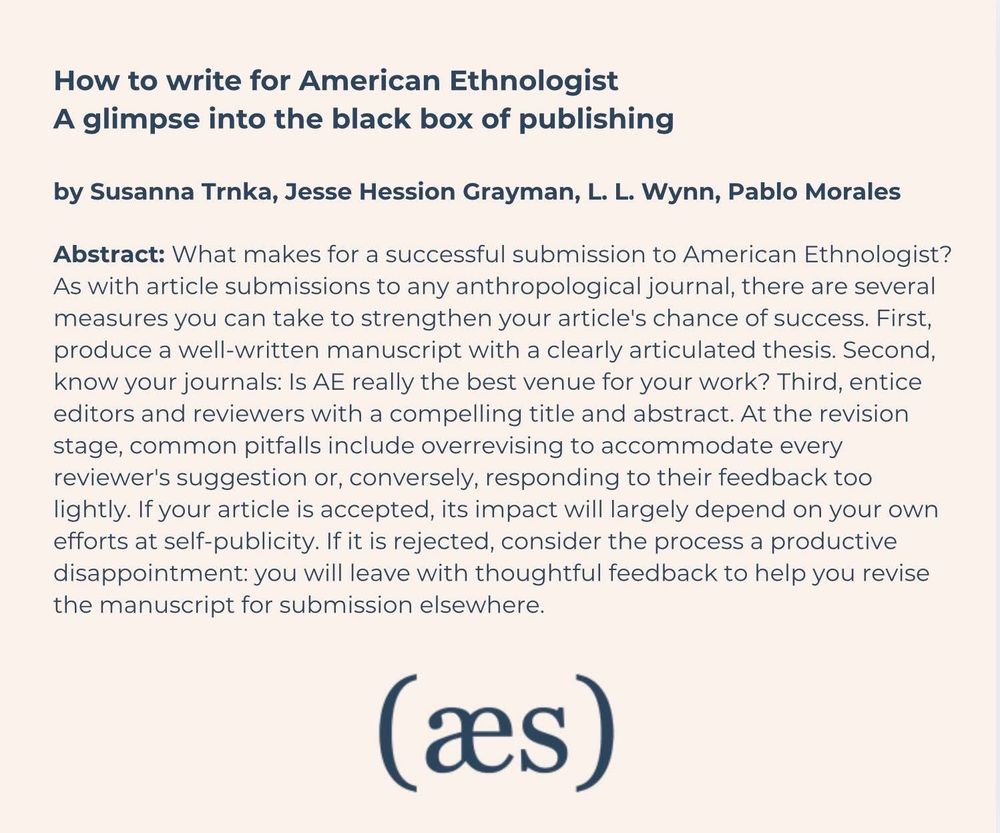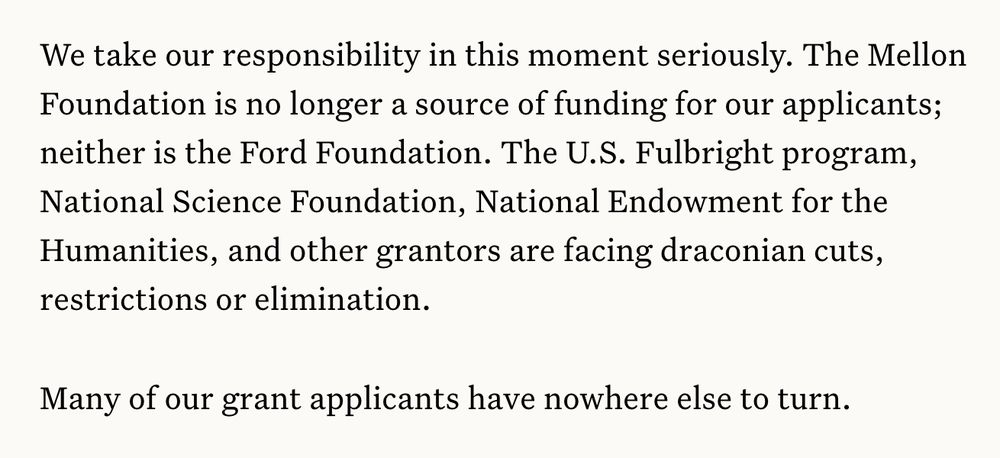Luísa Reis Castro
@anthrobite.bsky.social
4K followers
1.2K following
320 posts
Anthropologist of science, health & the environment in an unequal 🌍 | thinks a lot about Brasil & bugs 🦟 🦠
Assistant Prof at the University of Southern California; before MIT, Maastricht Univ, UFMG
In a love-hate relationship with Los Angeles – ela/she
Posts
Media
Videos
Starter Packs
Pinned
Reposted by Luísa Reis Castro
Reposted by Luísa Reis Castro
Reposted by Luísa Reis Castro
Reposted by Luísa Reis Castro
Reposted by Luísa Reis Castro
Reposted by Luísa Reis Castro
Reposted by Luísa Reis Castro
Amy
@lolennui.bsky.social
· Aug 27
Luísa Reis Castro
@anthrobite.bsky.social
· Aug 27
Reposted by Luísa Reis Castro
Reposted by Luísa Reis Castro
Reposted by Luísa Reis Castro
Reposted by Luísa Reis Castro
Reposted by Luísa Reis Castro
Nina Lakhani
@ninalakhani.bsky.social
· Aug 4











